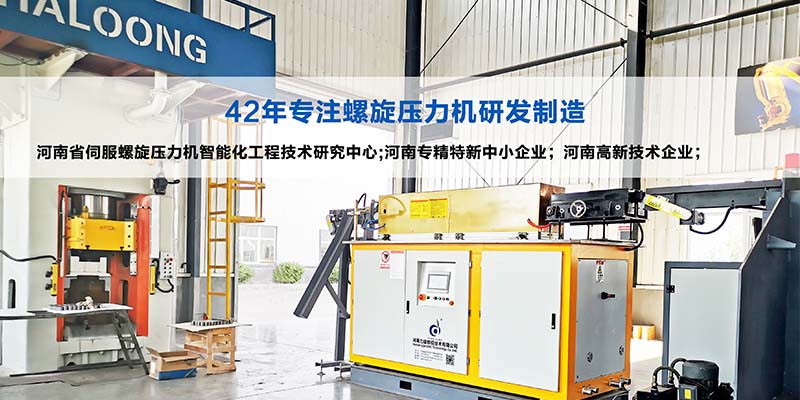When choosing a servo forging press to increase the production efficiency of hot die forgings, you need to consider the following factors to determine the tonnage of the equipment required:
Forging specifications and quantity: The specifications and quantity of hot die forgings you need to produce are important factors in choosing the tonnage of the servo forging press. Different specifications and quantities of forgings require different presses to meet production needs.
Production process: Different production processes may also require different servo forging press tonnage. For example, some forgings may require higher pressure or greater stroke to meet requirements, while others may not.
Molds and materials: The type of molds and materials you use will also affect the tonnage of the servo forging press required. Some materials may require higher pressure to form, while others do not.

In general, the tonnage of the servo forging press can range from tens of tons to hundreds of tons. When choosing the tonnage of the servo forging press, it is recommended that you consider the following factors:
Suitability: Choosing the right equipment for your production needs is most important. If you need to produce large forgings, then you need to choose a higher tonnage servo forging press.
Cost effectiveness: When choosing a servo forging press, you need to consider cost effectiveness. If you only need to produce a small number of forgings, then choosing high tonnage equipment can be a waste of money.
Sustainability: Servo forging presses consume a lot of electricity and hydraulic oil, so factors such as energy consumption and environmental pollution need to be considered when selecting equipment.
To sum up, when choosing the tonnage of a servo forging press, you need to consider factors such as your production needs, cost-effectiveness and sustainability. It is best to consult with a professional to ensure that the equipment you choose can meet your production needs and increase production efficiency.